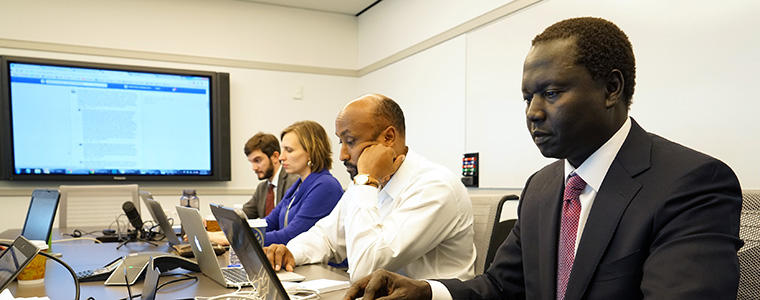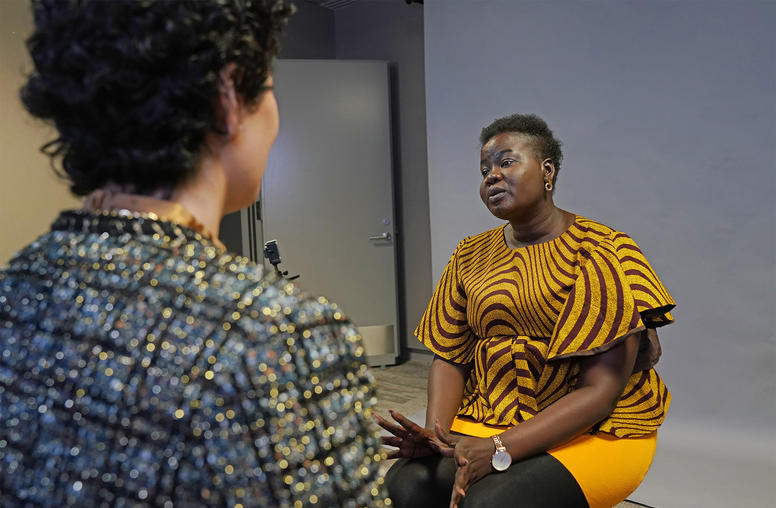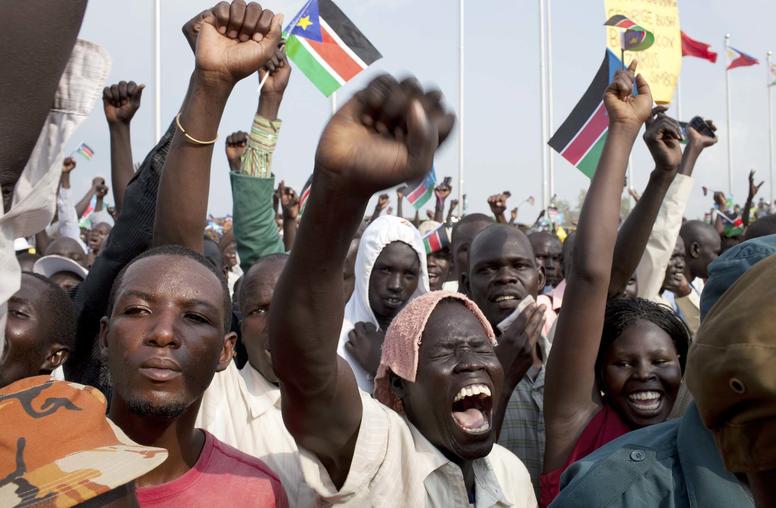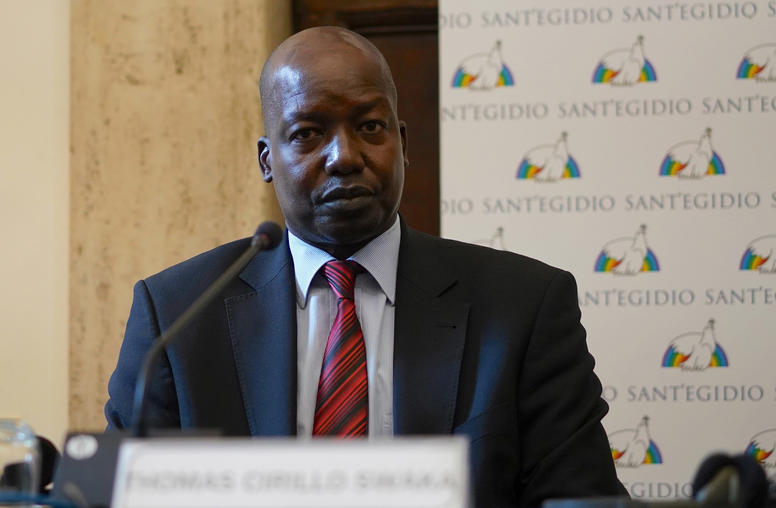A Year of War in South Sudan: A Facebook Discussion
One year after South Sudan erupted into violence there are still no solutions for what might be done to end the conflict. Experts convened on Facebook on December 15, 2014 for a discussion on the peace process, transitional justice and more.

On December 15, 2013, a political dispute in South Sudan erupted into violent conflict that has claimed thousands of lives and displaced millions of people from their homes. One year later, progress towards ending the violence and building a lasting peace remains limited.
What are the building blocks for a lasting peace in South Sudan, and what steps can be taken in the immediate and medium term to mitigate the conflict? How can South Sudanese communities, including the diaspora, and members of the international community support the peace process?
The U.S. Institute of Peace organized a Facebook discussion on Monday, December 15 at 10am EST to explore these questions and others with experts from South Sudan and the United States.
Speakers
- David Deng
Director, Research Development, South Sudan Law Society (SSLS) - Jok Madut Jok
Co-founder and Board Member, Sudd Institute - Joseph Malual
Community Member - Jackline Nasiwa
Constitutional Advisor, Public International Law & Policy Group (PILPG) - Susan Stigant
Director of Africa Programs, U.S. Institute of Peace (USIP)



